



In 1999, Morpheus (Laurence Fishburne) uttered memorably, "Unfortunately, no one can be told what the Matrix is."
In 2003, no one needs to be told, because everyone fully knows what the Matrix is. The idea of the Matrix has entered the popular lexicon. Magazines, with utter seriousness, create polls asking whether readers think we are really living in the Matrix. And people say yes, apparently unable to realize that it is only a movie.
That’s the power of the 1999 film. The Matrix is one of those awe-inspiring movies that defines a genre. It has been so widely copied that its mastery is barely recognizable any more. I guess that’s why we have DVD.
The original Matrix offered elements of film noir, mystery, sci-fi, and even comedy ("I know kung fu."). And it is of course an action film, the genre razed to the earth by the wire-worked, slow-motion, flying feet and fists of Keanu Reeves, Fishburne, Carrie-Anne Moss and Hugo Weaving.
And after four years they are finally back in what is easily the most anticipated film of the year (if you don’t include the conclusion of the trilogy, which hustles to theaters this winter).
So we’re back, where we left off. Neo (Reeves) has come to terms with his superpowers as The One. Inside the Matrix, he can fly at supersonic speeds, he can beat down any opponent with one hand, and he wears what I can only describe as a heinous, black dress. He and Trinity (Moss) are in love, sneaking off for trysts when they can. Morpheus is convinced that The Prophecy is about to be fulfilled, and it better be: Those baddie sentinel drones are closing in on Zion, where the "freed minds" reside, and it is threatened with total destruction within a day.
The ship Nebuchadnezzar heads to Zion for recharging, then it’s back to the Matrix to consult with The Oracle, find The Keymaker, and destroy The Core Of The Matrix. Or something. To be honest, the attempt to create some epic story out of The Matrix Reloaded is forced and hokey. It’s mainly an excuse to keep the plot pinging around as the heroes chase down one source of information after another (all of whom turn out to be random bits of computer code with some vague sense of purpose). This reaches an eye-rolling head when Neo is confronted with a final choice, which plays out during a laughably circuitous pseudo-religious conversation with a guy called The Architect, kicking in around the 2 1/2-hour mark. Think of it as The Matrix Retarded.
As inane as the bulk of the storyline is, make no mistake: This is a movie about kicking ass. And sure enough, Reloaded kicks ass in ways I didn’t think possible, most notably during two big set pieces that redefine the state of the art of special effects. First is a fight sequence wherein Neo takes on 100 Agent Smiths (Weaving), who can now duplicate himself at will by possessing other people. Second, and even more impressive, is an extended car/truck/motorcycle chase and fight sequence (in, on, and around the cars) that makes The French Connection, Bullitt, and The Blues Brothers combined look like a bumper car race.
Cut out the rest of the film and spend a half hour with these two scenes and you’ve got a masterpiece — nothing on par with the original, which told a masterful tale, to boot — but eye candy galore. (You may also take a detour to check out Persephone, played by Monica Bellucci. The girl can’t speak a lick of English, but she’s just about the hottest thing to ever appear on a motion picture screen, so I won’t complain.)
The rest of the film is hit and miss. In fact, the first half-hour of Reloaded is so limp you can safely skip it altogether. Low points include a Zion church ceremony (the Biblical metaphors get thick in this one) that turns into a sweaty rave (are these people worth saving?). The dialogue is often corny (Morpheus on his balcony, intoning, "Good night, Zion.") and filled with dorm-room philosophies. And the new supporting characters introduced are unilaterally forgettable. There’s a gaggle of goofy leaders running Zion (like we’re in some Star Wars council meeting). We get albino-ish twins with dreadlocks and shaved foreheads who look less like villains and more like Muppets with Down’s Syndrome. And there’s the diminutive Jada Pinkett Smith, who’s worked into a tepid love triangle story and who comes off worst of all: Her spiky Lisa Simpson hairdo is about as sophisticated as a mullet. There’s a fine line between cool and totally lame. Putting Neo in a dress falls among the latter, as does the abrupt ending, which just about ranks with the season finale of the typical WB TV show.
Put it all aside. Reloaded kicks ass, and it’s still funny (the representation of a Matrix-induced orgasm is worth the price of admission). And the kids who sneak in (it’s R-rated) will appreciate the Linkin Park and Marilyn Manson soundtrack.
In the end, what really keeps Reloaded from becoming a classic is our understanding. Not our lack of understanding of the story, but our complete understanding of the Matrix mythology. Reloaded tries to add to that mythology but it comes out as doublespeak. Either do it right and deepen an already rich storyline, or give in and make an unabashed action movie. Fortunately, even with its many flaws, The Matrix Reloaded succeeds admirably as the latter.

Max Keanu.
Review by Christopher Null © 2003 filmcritic.com








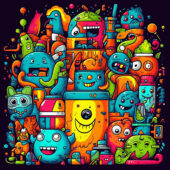








![Times Square and the Latin Quarter 1950’s Photo [221010-14]](https://www.filmfetish.com/img/p/2022/10/221010-14-times-square-cinerama-19x13-web-170x170.jpg)
![Original Richard Widmark Warner Bros. Press Publicity Photo for The Sell-Out (1976) [PHO899]](https://www.filmfetish.com/img/p/2020/09/photo-lot-pho899-001-170x170.jpg)
![Zebra Stampede Photo [210809-0002]](https://www.filmfetish.com/img/p/2021/08/210809-0002-11x85-web-170x170.jpg)
![United Artists ABC Great States Theatre (1970) Diary of a Mad Housewife Marquee Photo [210907-2]](https://www.filmfetish.com/img/p/2022/11/210907-2-chicago-theater-11x85-web-170x170.jpg)















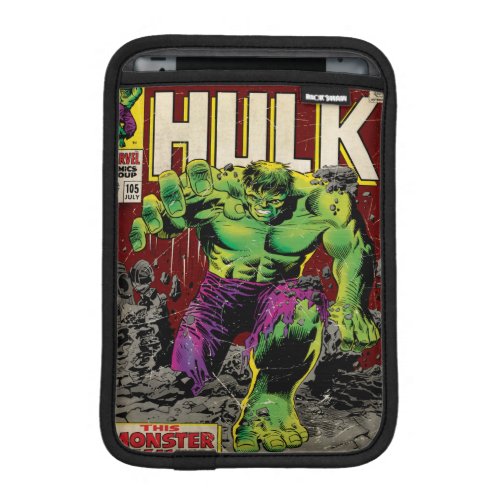
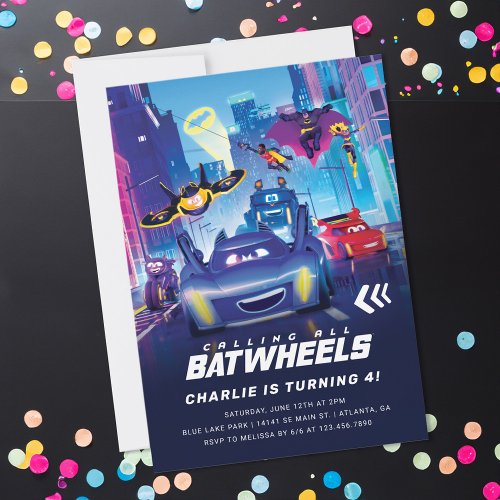





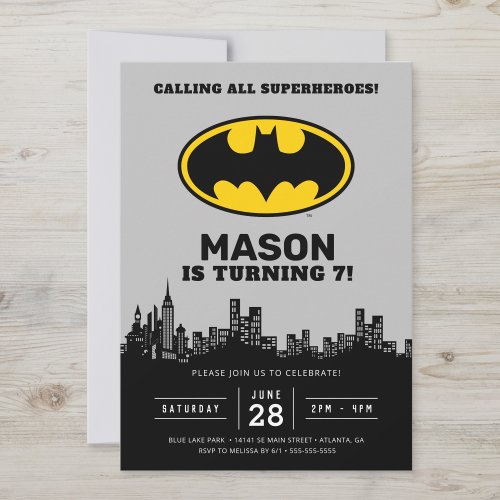



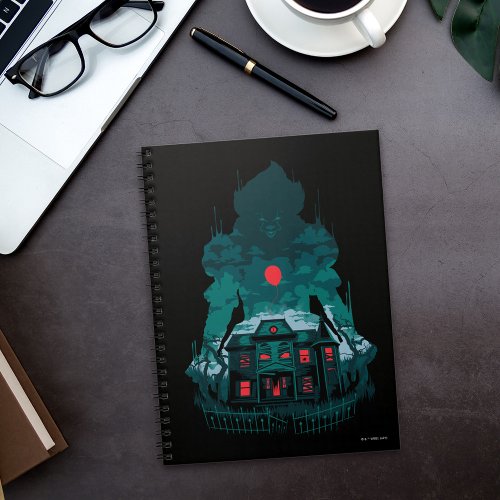



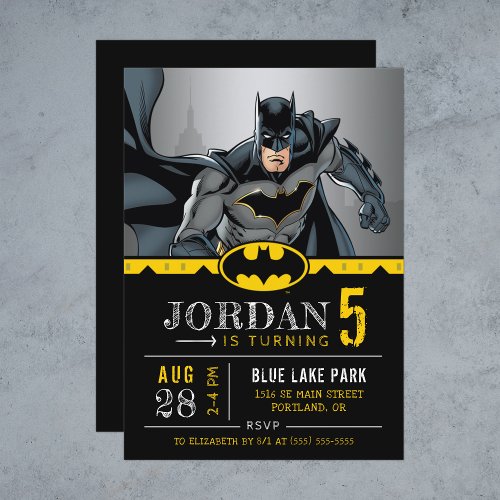














![The Hunger Games San Diego Comic-Con 2012 Exclusive 27×40 inch Home Video Movie Poster [D46]](https://www.filmfetish.com/img/p/2021/01/hunger-games-poster-d46-01-170x170.jpg)
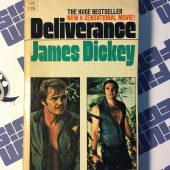

![Corgi James Bond Collection 007 Toyota 2000GT You Only Live Twice 30th Anniversary Set [J39]](https://www.filmfetish.com/img/p/2023/01/P1470340--170x170.jpg)

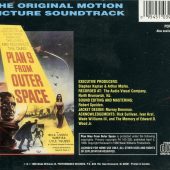
![Tom Clancy Code of Honor (A Jack Ryan Novel) Hardcover by Marc Cameron [S59]](https://www.filmfetish.com/img/p/2022/12/P1450308--170x170.jpg)

![The Man With the Iron Fists 24 x 35 inch Limited Edition Exclusive Promotional Movie Poster (2012) RZA [D55]](https://www.filmfetish.com/img/p/2020/11/man-with-the-iron-fists-poster-d55-01-170x170.jpg)
